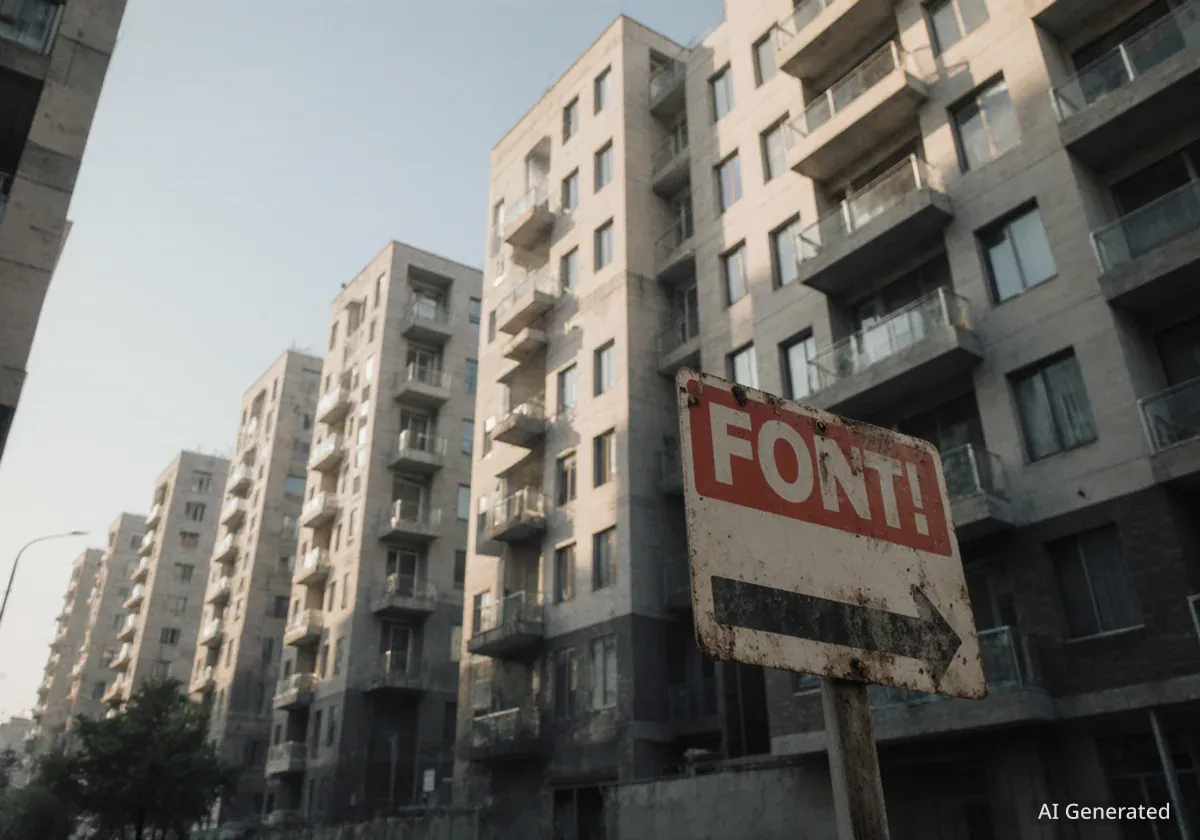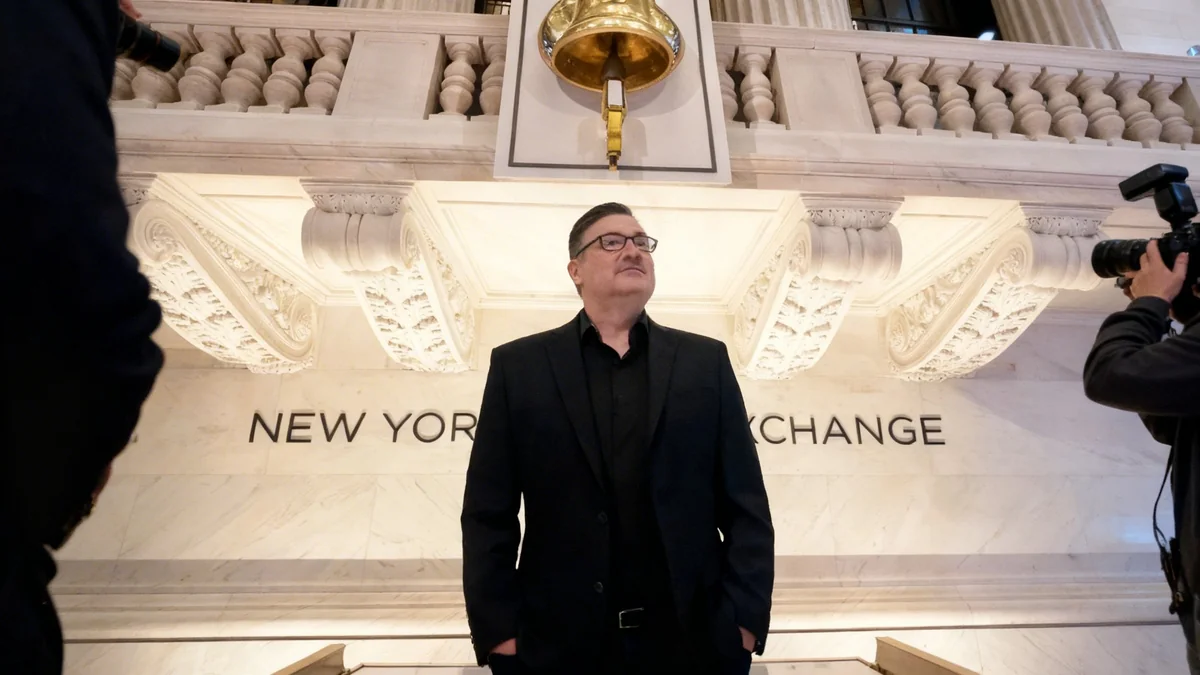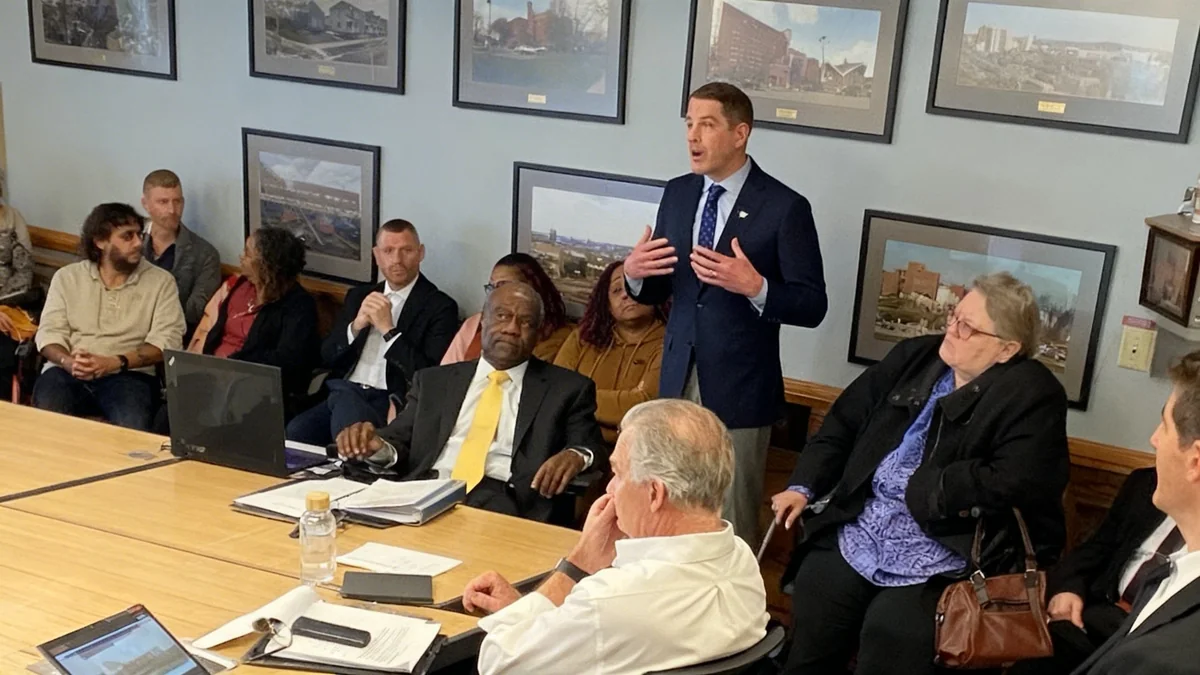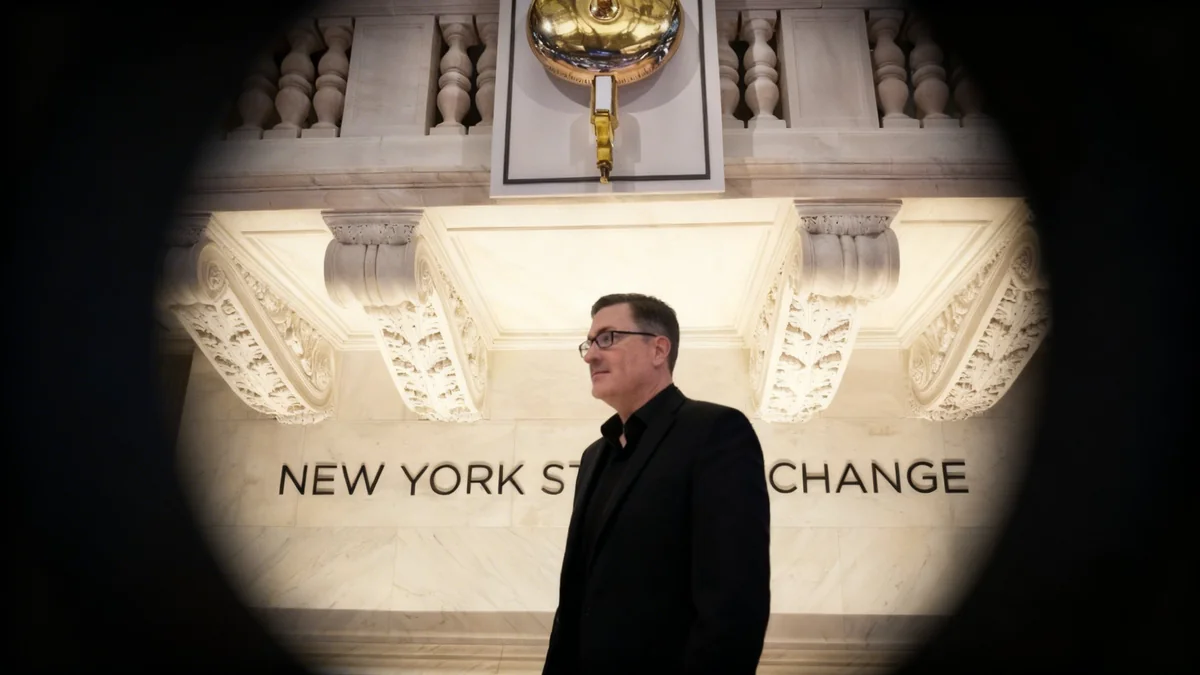Tenant advocacy groups in Chicago are formally requesting an immediate moratorium on residential evictions, citing widespread fear within immigrant communities due to ongoing operations by U.S. Immigration & Customs Enforcement (ICE). The groups argue that increased enforcement activity is preventing many residents from working, thereby jeopardizing their ability to pay rent.
The All-Chicago Tenant Alliance (ACTA) is leading the call, urging Governor JB Pritzker and Mayor Brandon Johnson to implement protections for renters. The proposal comes as landlords report a separate trend of rising rent delinquencies, highlighting the financial pressures on both tenants and property owners across the city.
Key Takeaways
- Tenant organizations, including the All-Chicago Tenant Alliance, are calling for a city-wide eviction moratorium.
- The request is directly linked to the presence of ICE agents in Chicago since early September, which has created fear among residents.
- Advocates say fear of detention prevents people from going to work, impacting their income and ability to pay rent.
- Landlords express concern that a moratorium without financial assistance could harm small property owners already facing high delinquency rates.
- The offices of Governor Pritzker and Mayor Johnson have not yet responded to the calls for action.
Community Fear Sparks Call for Action
At a press conference on October 24, tenant organizers described a climate of fear that has settled over Chicago's Hispanic neighborhoods since federal immigration agents increased their presence in early September. Community leaders report that many residents are avoiding public spaces and even staying home from work to avoid potential encounters with law enforcement.
Anay Herrera, a tenant organizer with Fuerzas Inquilinos de Broadway y Cuyler, spoke about the direct impact on families trying to make a living.
"We’re not criminals like they’re saying," Herrera stated through a translator. "A lot of us are just going about our day, going to work because we need money, and they’re getting grabbed."
This fear of detention has created a severe economic dilemma. When workers cannot earn an income, they cannot pay their rent, placing them at immediate risk of eviction. Advocates argue this creates a dual threat where residents are caught between immigration enforcement and housing instability.
Historical Precedent for Moratoriums
Chicago is familiar with eviction moratoriums. A statewide ban was enacted by Governor Pritzker during the COVID-19 pandemic, which concluded in October 2021. The city also had its own local ordinance providing similar protections, which expired in December of that same year. These past measures were designed to prevent mass displacement during a public health and economic crisis.
Economic Pressures on Tenants and Landlords
The call for an eviction ban highlights the precarious financial situation for many Chicago renters. The inability to work without fear is the primary driver behind the current request, but it intersects with existing tensions between tenants and landlords over rent increases and redevelopment projects.
Several tenant unions are already in active disputes with property owners. In Rogers Park, one union is reportedly preparing for a rent strike, while Herrera's own union in Buena Park is protesting a landlord's plan to redevelop their building, which would lead to higher rents.
"Home is the safest place," explained ACTA organizer Danny Rosa. He described the current situation as tenants being caught between "a rock and a hard place," facing threats from both ICE and landlords.
The Landlord Perspective
Property owners, particularly smaller operators, view the prospect of another eviction moratorium with caution. Nic Yassan, a principal at the Chicago-based property management firm Rany Management, noted that such policies can have significant financial consequences unless they are paired with rental assistance programs.
Yassan explained that rent delinquencies across the properties his company manages on the North Side have been higher than normal and have been increasing over the past six months. While he did not attribute this solely to immigration enforcement, he stressed the financial strain it places on building owners.
Rising Delinquencies: Rany Management reports that rent delinquency rates have been above average for the last six months, indicating broader economic stress on tenants even before the recent increase in ICE activity.
"We want to be able to find solutions. We don’t want to just kick people onto the streets," Yassan said. However, he emphasized that the financial obligations of property owners—mortgages, taxes, and maintenance—do not stop.
"The money’s got to come from somewhere," he added. "If anybody’s asking to delay something, then it’s just going to make it harder for all the neighborhood building owners to keep their buildings sustainable, clean and affordable."
Awaiting a Government Response
The coalition of tenant groups has directed its appeal to the highest levels of state and city government. They are asking Governor Pritzker and Mayor Johnson to intervene and establish temporary protections while federal immigration enforcement remains active in the city.
The political viability of a new moratorium remains uncertain. As of now, spokespeople for both the governor and the mayor have not issued a public comment on the request from the All-Chicago Tenant Alliance.
The situation leaves many Chicago families in a state of uncertainty, waiting to see if local leaders will step in to address the growing housing crisis fueled by federal immigration policies. The outcome will have significant implications for thousands of residents and the small landlords who provide much of the city's affordable housing stock.




